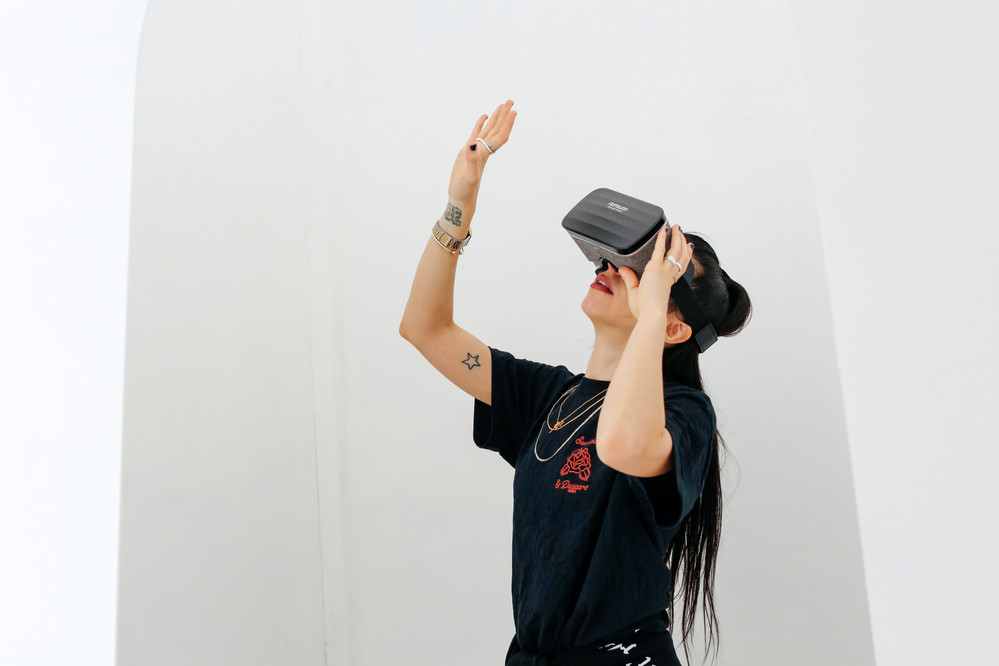From self-service checkouts in supermarkets to chat bots on websites; machines are now commonplace in many industries.
It’s anticipated that the increase in automated jobs and smart, digitally connected technologies over the coming years will have an impact on the skills required by the future workforce. Brand-new jobs requiring skills we don’t even know of yet will emerge.
As automation increasingly takes over manual administrative tasks, being a creative graduate has its advantages. The skills and qualities that technology cannot fulfil will be the most sought after, so those that can embrace the new and push forward in novel directions will be more successful in maintaining a career.
Leading global employers, human resources and strategy officers were asked what skills would be required for jobs in 2020. They stated the following as being most important:
- Complex problem solving
- Critical thinking
- Creativity
- People management
- Coordinating with others
- Emotional Intelligence
- Judgement and decision making
- Service orientation
- Negotiation
- Cognitive flexibility
Creativity comes third on the list, showing its importance in the digitalisation of society. Skills such as emotional intelligence and cognitive flexibility can also both be related to creativity.
Emotional intelligence is the capacity to be aware of, control, and express one's emotions, and to handle interpersonal relationships with good judgement and empathy. Creative courses involve experimenting with different ways of thinking and trying out new ideas, all of which develop emotional intelligence as one thinks about an audience from their perspective.
Cognitive flexibility is the brain's ability to transition from thinking about one concept to another. This is the skill that creatives use to perform research and draw from a range of influences. In the future, there will be an increase in incorporating ethics and care for the environment in new industry regulations, all of which require being able to handle several concepts and blending them together in project work.
With new products, technologies and ways of working all emerging, an employee’s ability to adapt will be key to sustaining a career. Creativity is not just about expression of human nature, it can be used to create innovative and flexible ways of working and living, the boundaries of which will blur in the future.

